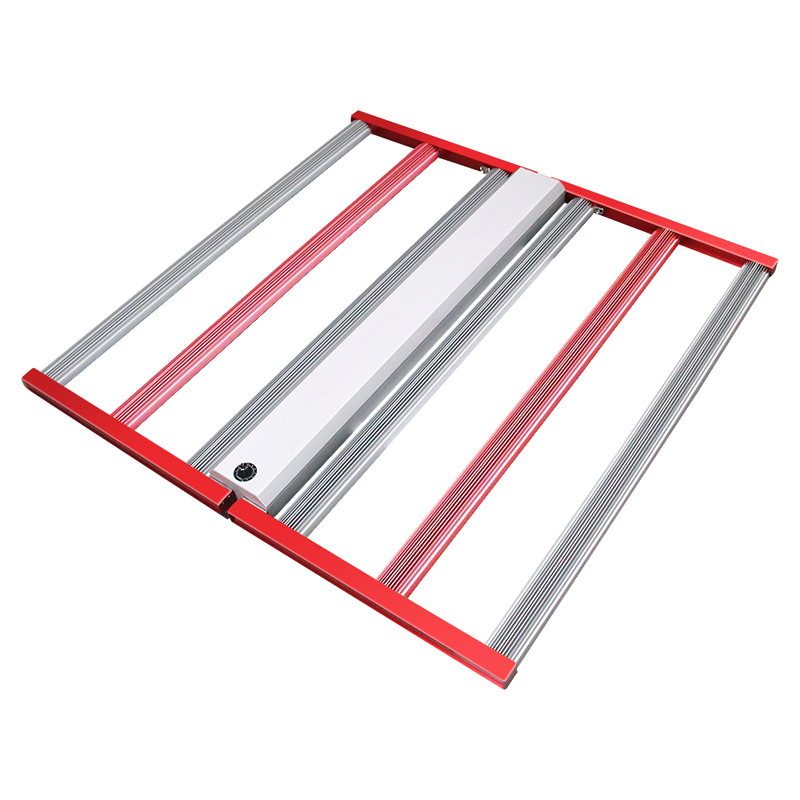Japanese researchers have announced that they use E. coli to produce bioplastics that do not denature at high temperatures around 400 degrees Celsius through genetic manipulations and photoreactions, and that they are the most heat-resistant among similar plastics. A joint communique issued by the Japan Science and Technology Agency and other agencies said that the plastic is transparent and has a particularly high hardness. It is used as a substitute for glass in automobiles and can significantly reduce vehicle weight, thereby saving energy and reducing carbon dioxide emissions. Bioplastics are produced using biomass from plants, etc. as raw materials, which are conducive to environmental protection. However, previous bioplastics have poor hardness and heat resistance, so their use is limited and they are generally used as disposable materials. Japanese researchers have noticed that some aminomycin acids secreted by actinomycetes have a very strong structure. Based on this finding, the researchers performed a genetic recombination of E. coli, and then used it to ferment sugars to produce "4-aminocinnamic acid," which was virtually absent under natural conditions. Researchers used the "4-aminocinnamic acid" polymerization method to prepare polyamic acid by photoreaction and macromolecularization. The polyamide film was then heated under a vacuum of 150 degrees Celsius to 250 degrees Celsius. This film is difficult to burn and can tolerate temperatures of 390 degrees Celsius to 425 degrees Celsius, whereas the highest heat resistant temperature for bioplastics was 305 degrees Celsius. Researchers believe that the cost of such bioplastics is relatively low compared to traditional plastics made from oil as raw materials and through complex processes. They are prepared to further increase their strength in the future and strive to achieve practical application as soon as possible. Research papers will be published in the recent edition of the American Chemical Society's publication "Macromolecule".
AGLEX LED grow lights are with samsung leds and add other bands of lights to ensure well performance.
G series (Linear LED Grow Light design): 110W 220W available, with samsung LM301B 3500K 6500K and red 660nm
K series (Quantum board LED Grow Light design, dimmable. K360 is foldable): 90W 180W 360W available, with samsung lm301b, SMD 3030 3500K 6500K and 660nm
L series (LED Grow Light Bar design, dimmable and foldable): 700W available, with samsung lm301b, SMD 3030 3000K 5000K and 660nm 740nm
M series (LED Grow Light Bar design, dimmable and foldable, external driver): 240w 320w 400w 600W available, with samsung lm301b, SMD 3030 3000K 5000K and 660nm 740nm
Application:
Samsung LED Grow Light Light, LED Grow Light LM301B, Samsung LM301B Grow Light, LED Grow Light Samsung Shenzhen Ameri Technology Co., Ltd. , https://www.aglexz.com
Suit for marijuana, tomatoes, vegetable, strawberry, pepper, microgreen and herbal plants etc. And suit for all the growing stage.
For grow tent, greenhouse, vertical farming, commercial led grow lighting etc.
